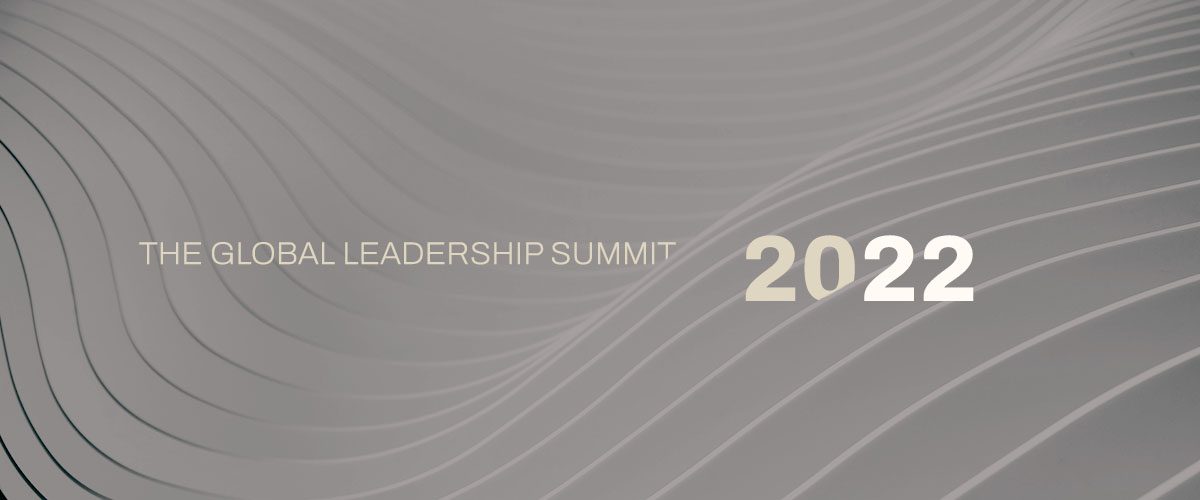
How long would it take you to read 15 books, live 15 different lives, get several PhDs, and research on your own for these concepts?
One of the comments we’ve heard from those who haven’t yet sign up to attend an event is “I could curate this content on my own without paying the price of a ticket.” They’re not wrong. Technically, you COULD curate the leadership content and entertainment on your own, but you don’t have to, and the cost benefit in doing so does not actually pan out the way you might think.
In fact, attending an event like The Global Leadership Summit (GLS) is one of the best ways to get access to the latest leadership research in the context of a community of like-minded peers to spur you on.
In this article, look at the five cost benefits of attending The Global Leadership Summit.
1. Exclusive Leadership Content
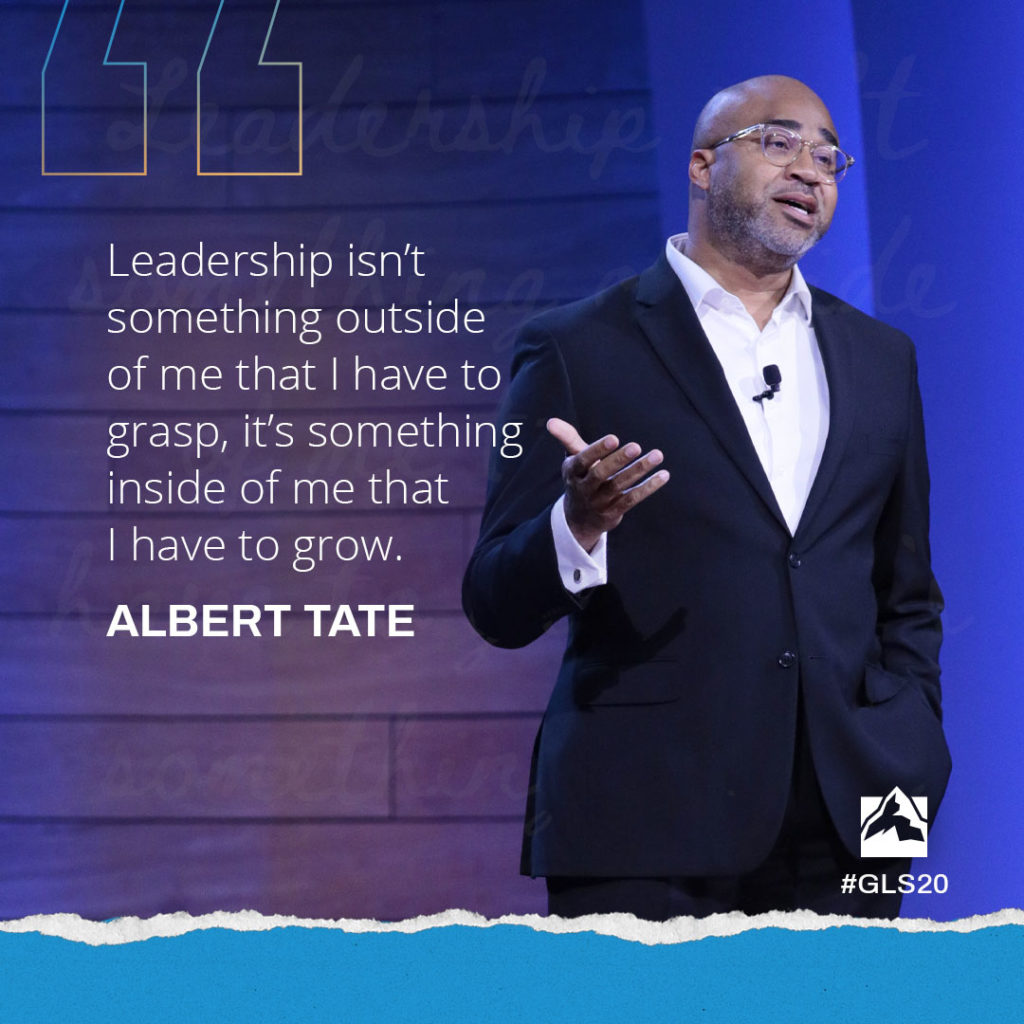
The cost of a regular priced ticket for The Global Leadership Summit is $229 (to attend a host site or online). Let’s say you hear about 15 specially curated talks designed for your leadership growth that you will not likely hear anywhere else, amounting to approximately $15 per talk. The value? The value of even one life-changing new idea or fresh insight from a talk supported by years of research and experience gets multiplied when put into action. In fact, many attendees report life-changing results from attending the GLS.
Third-party research by Excellence in Giving reports the outcomes of past GLS attendees:
81% improved their job satisfaction
“The Summit inspires us to lead with a purpose bigger than ourselves.” – Mike and Megan Tamte, Co-Founders & Co-CEO’s Evereve
74% improved the quality of their work
“The Summit has made many people within our organization better leaders, including me.” – John Venhuizen, President & CEO, Ace Hardware Corp.
68% improved productivity
“The Summit gave me the practical leadership tools I needed to make my vision for my nonprofit a reality. It’s one thing to dream. It’s another to be able to lead people in the fight.”– Rebecca Bender, CEO & Founder, Elevate Academy
2. Networking & Community with Like-Minded Leaders Across Sectors
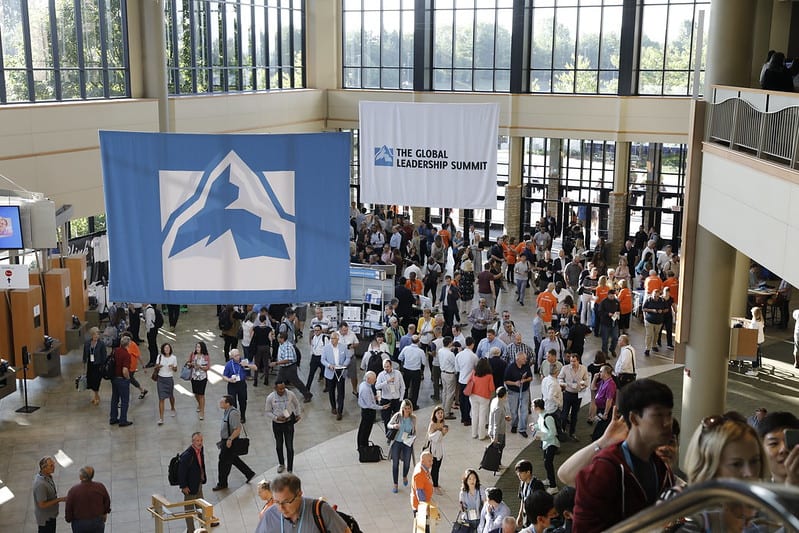
The Global Leadership Summit is one of the only leadership events attracting leaders from every sector of society including ministry, business, education, government, nonprofit, healthcare, technology, entertainment, arts, and more.
What do they all have in common? They are curious, growth-minded, change-driven individuals with hope for a better future. In community, these men and women initiate transformation in ways we couldn’t have imagined. Whether you attend online or in-person at a local host site venue, you have the opportunity to meet like-minded people from across the country who could very well change the trajectory of your life.
3. Years of Research from Books Presented by Authors Themselves
The Summit gave me the practical leadership tools I needed to make my vision for my nonprofit a reality.
Let’s say the average cost of a book by one of our leadership faculty is approximately $20. If our faculty have books to offer at the event, the cost to purchase each book from our faculty would be about $300+. In addition to the cost, the time to read each book would take you about a year, depending on how fast of a reader you are. We don’t share this datapoint to discourage you from buying and reading these amazing books, in fact we encourage it for deeper learning. However, we note it to highlight the rich insights you can glean from hearing the authors themselves talk about their content in an event setting like the Summit.
4. LIVE Entertainment Integrated into Meaningful Learning
Our musicians and artists offer world-class entertainment and inspiration through dance, drama, music, art, and film. Throughout the event, their talent is thoughtfully integrated to provide space for the new leadership insight to sink in with fresh perspective. Furthermore, going to one of their shows at a local theater may cost you upwards of $50-$200+ dollars.
5. Collective Wisdom Concentrated into Two Days
In two days at The Global Leadership Summit, you can absorb new ideas and fresh insight from the collective learning, research, and experience of leading experts in their field—then take these new concepts and apply them into your life. How long would it take you to read 15 books, live 15 different lives, get several PhDs, and research on your own for these concepts? Certainly not two days! This is why we always say the Summit is so full of rich learning.



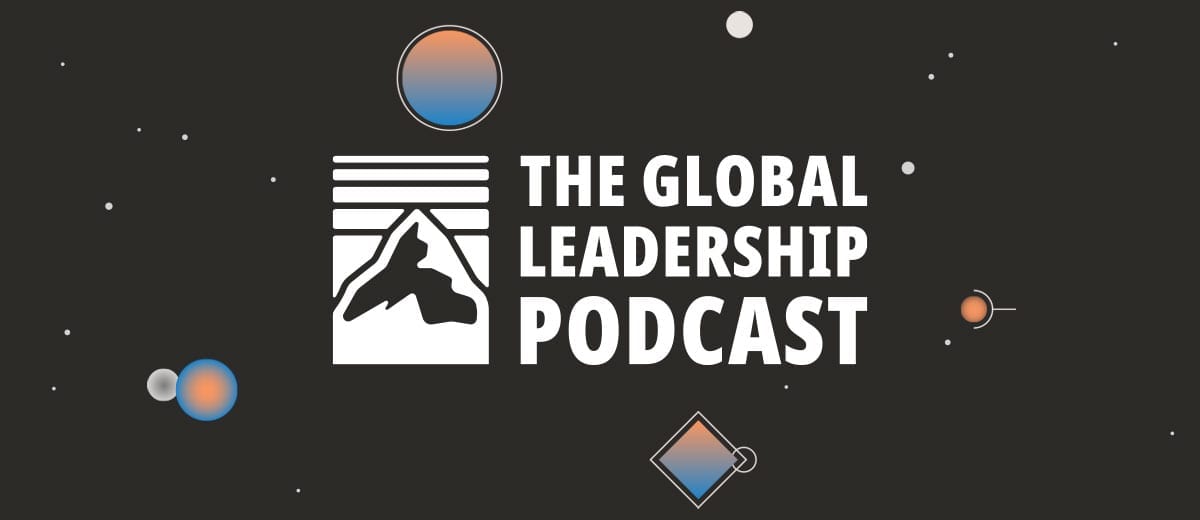
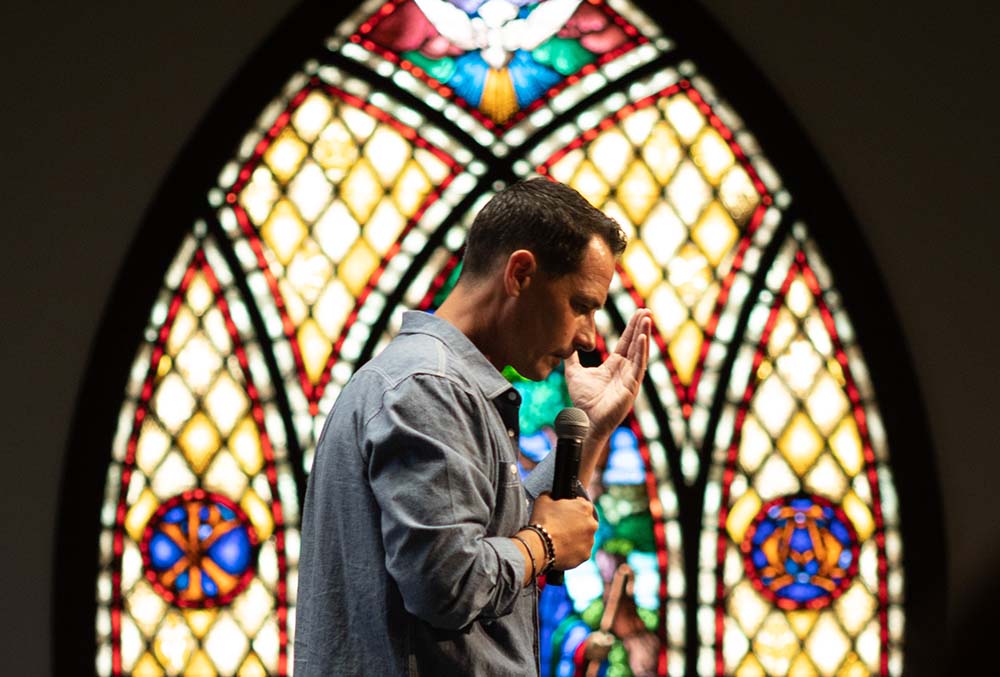
 With the shared belief that when a leader gets better, everyone around them gets better too, longtime GLS attendee, Marty Sawyers, President & CEO of
With the shared belief that when a leader gets better, everyone around them gets better too, longtime GLS attendee, Marty Sawyers, President & CEO of
Recent Comments